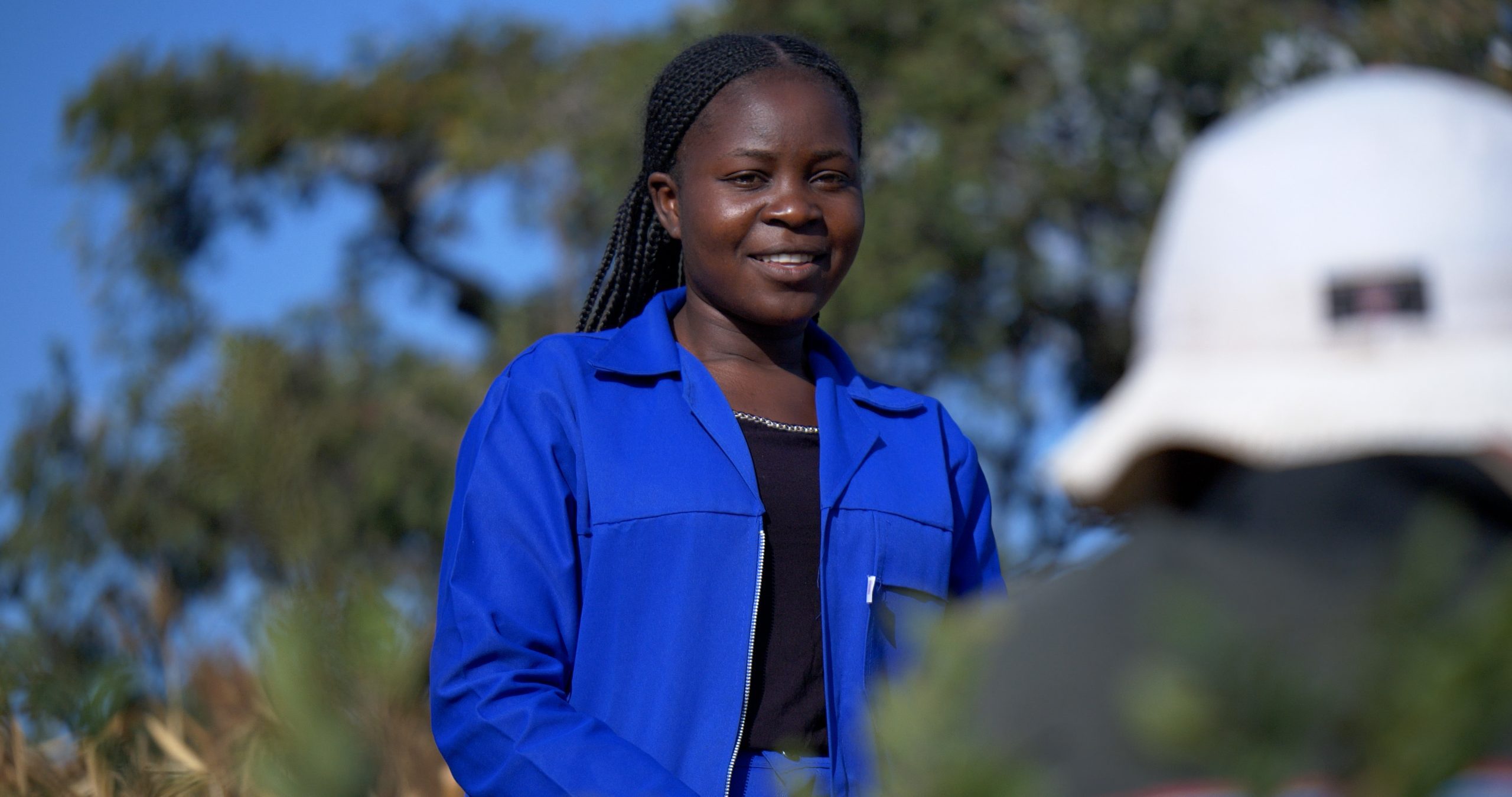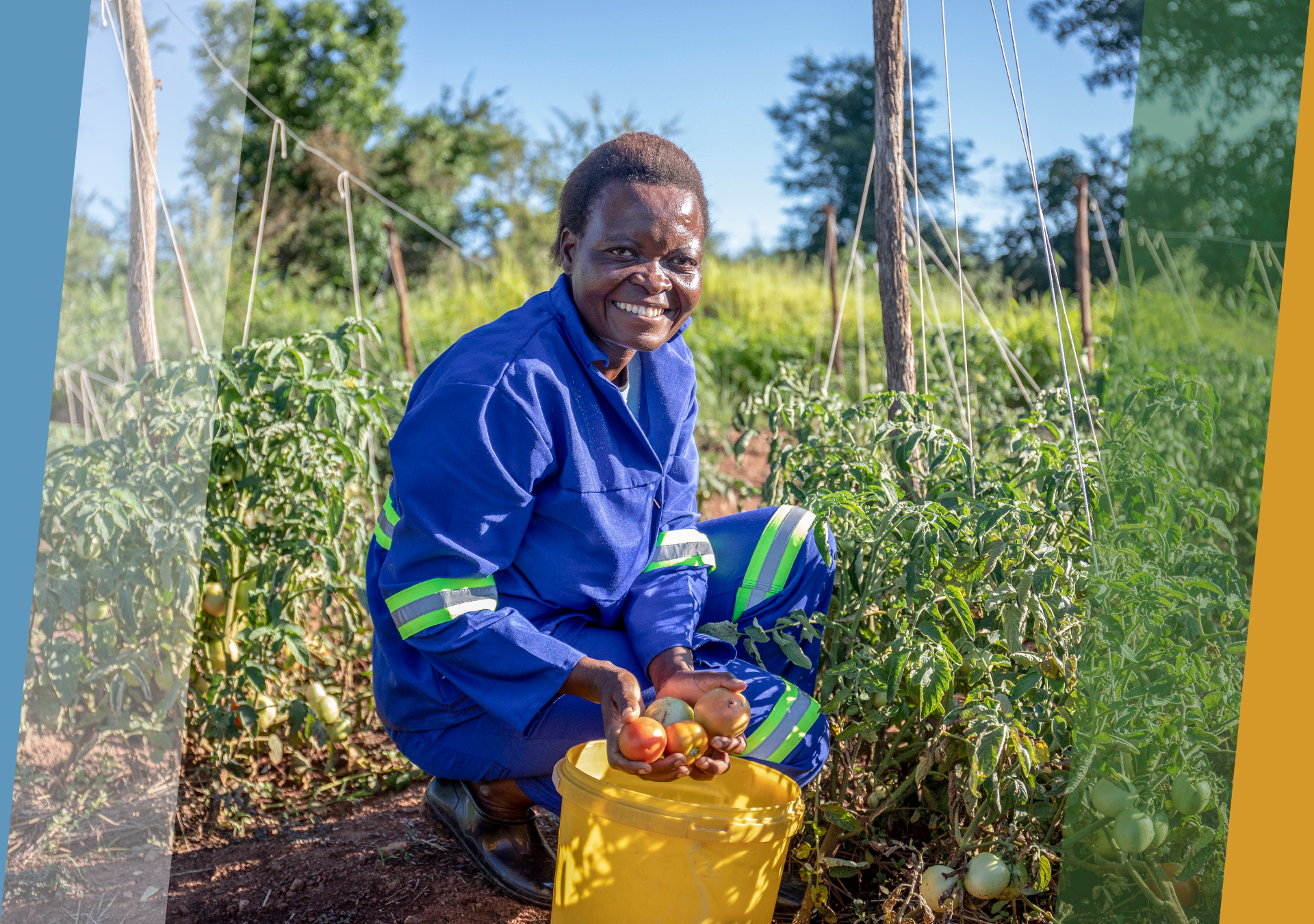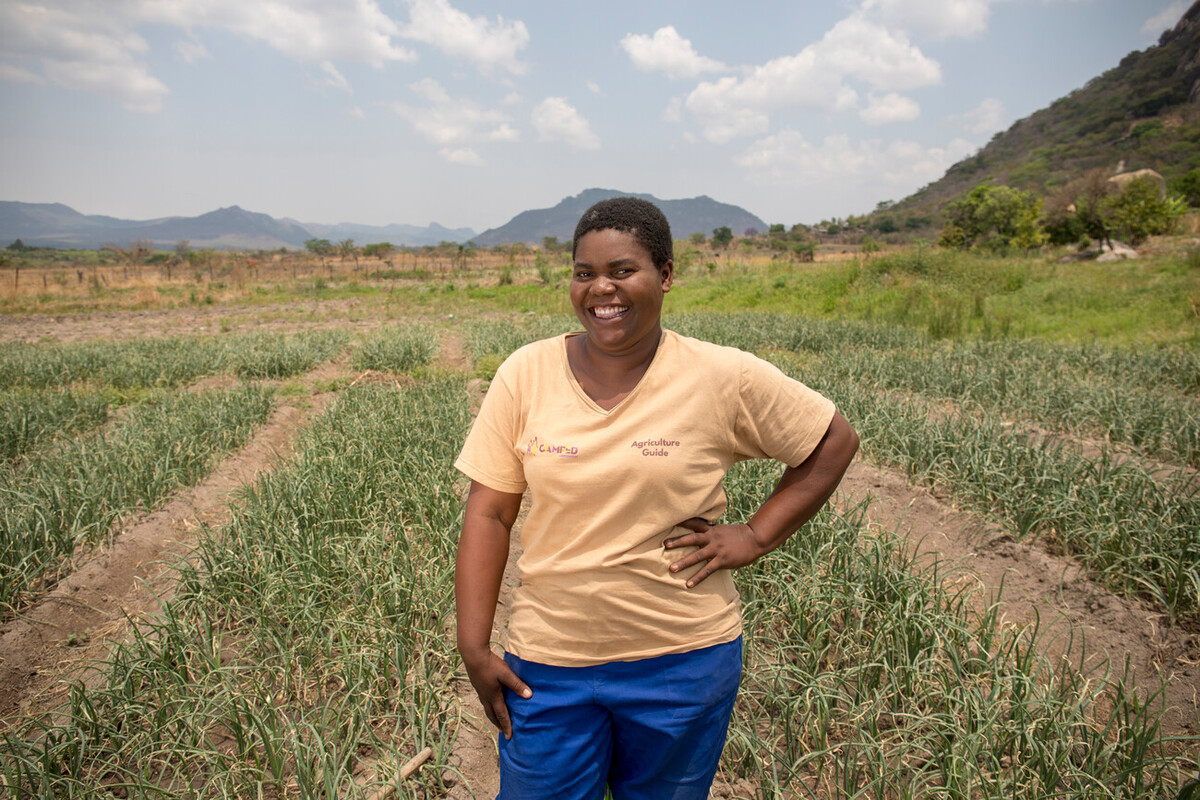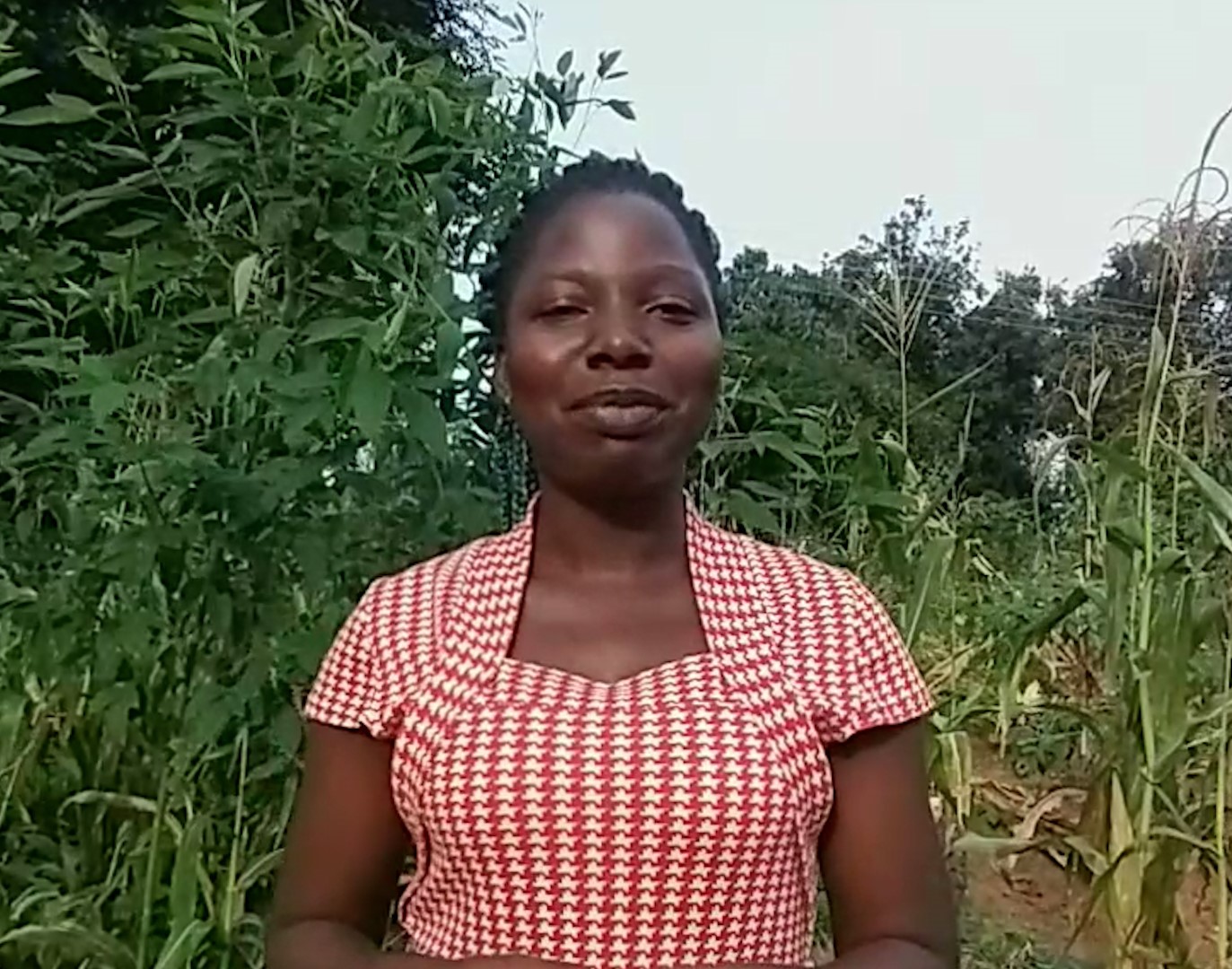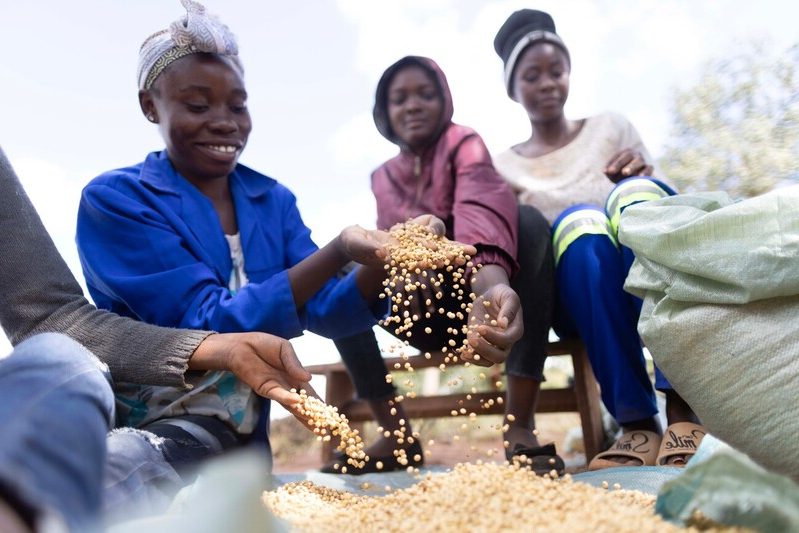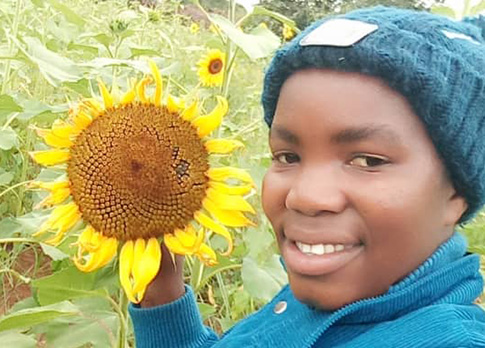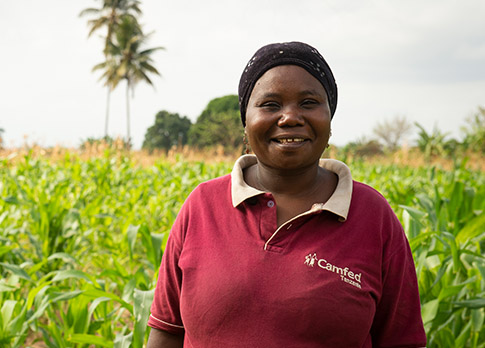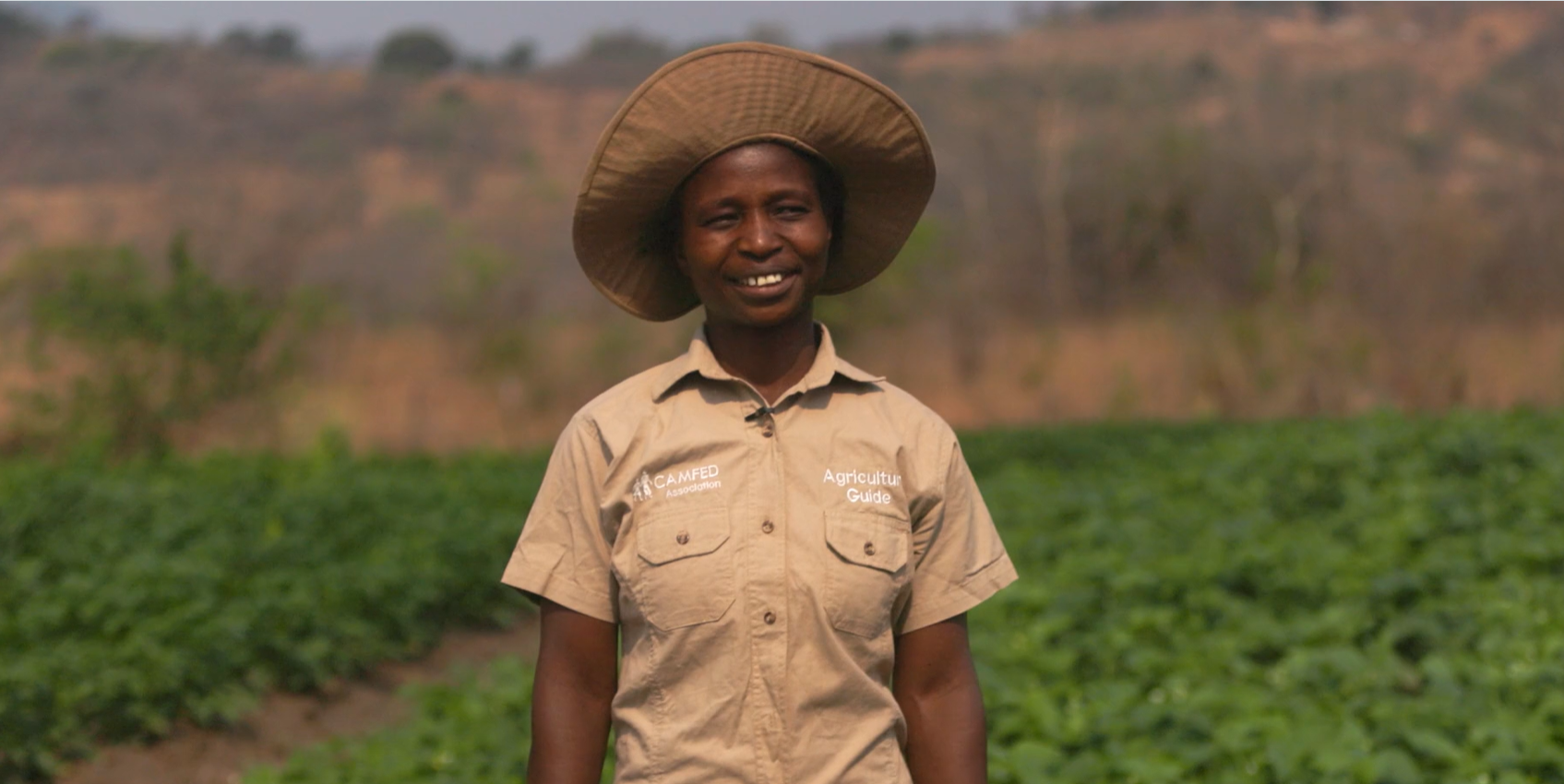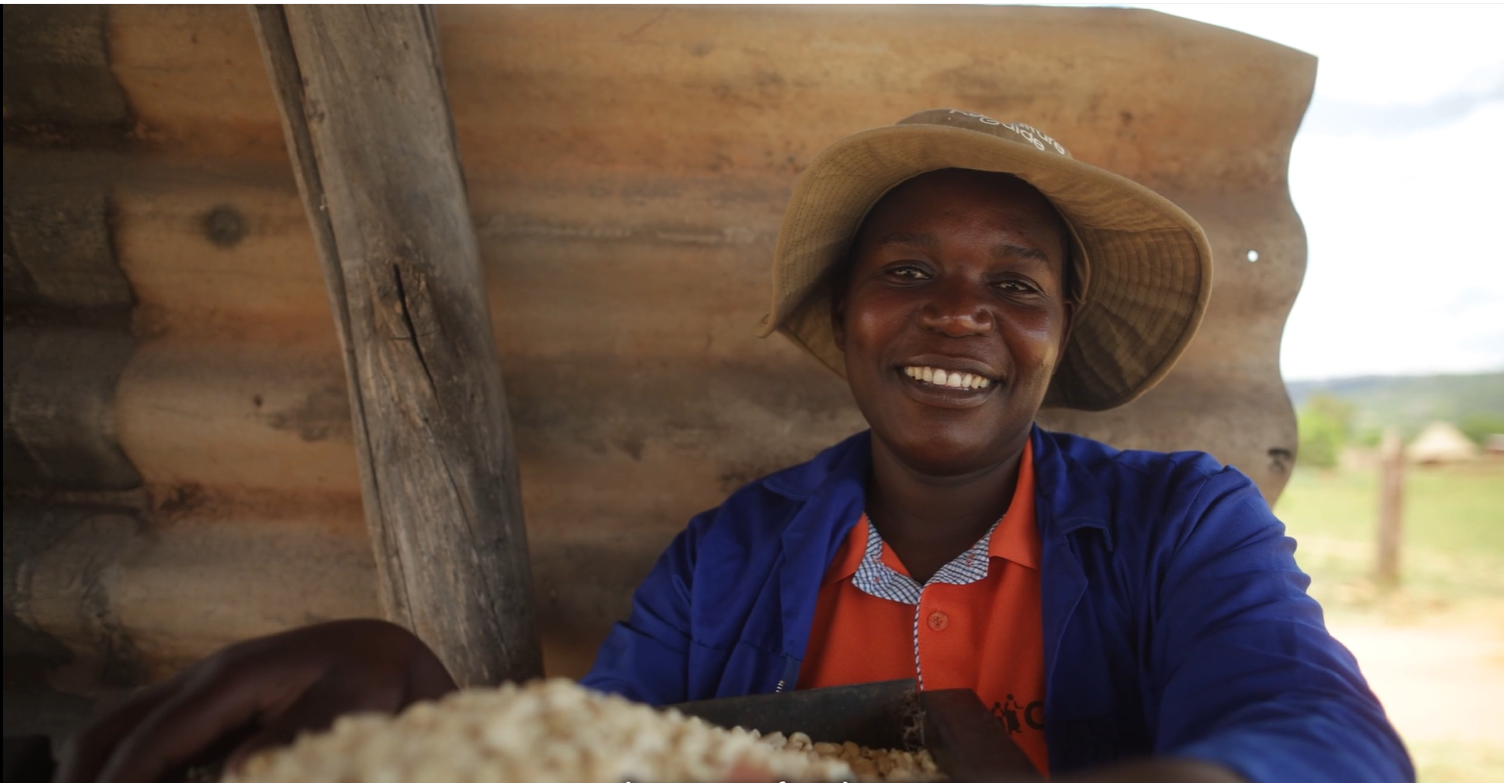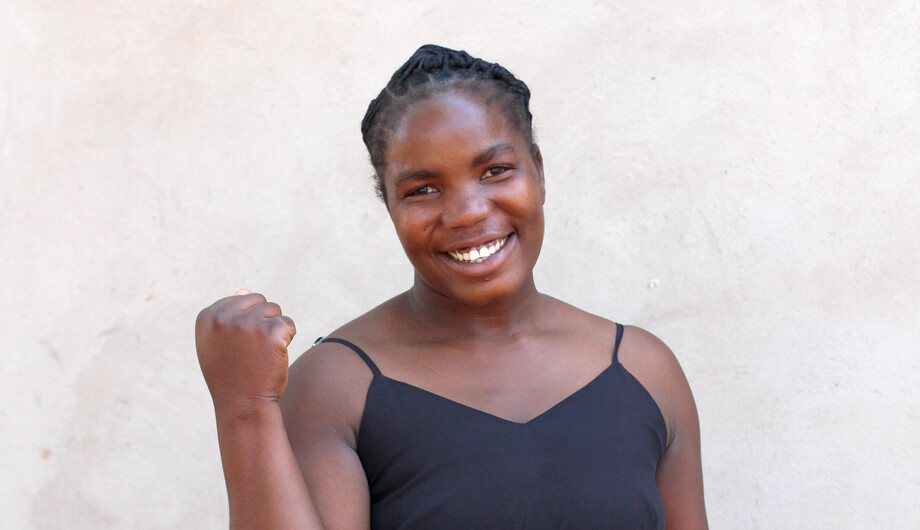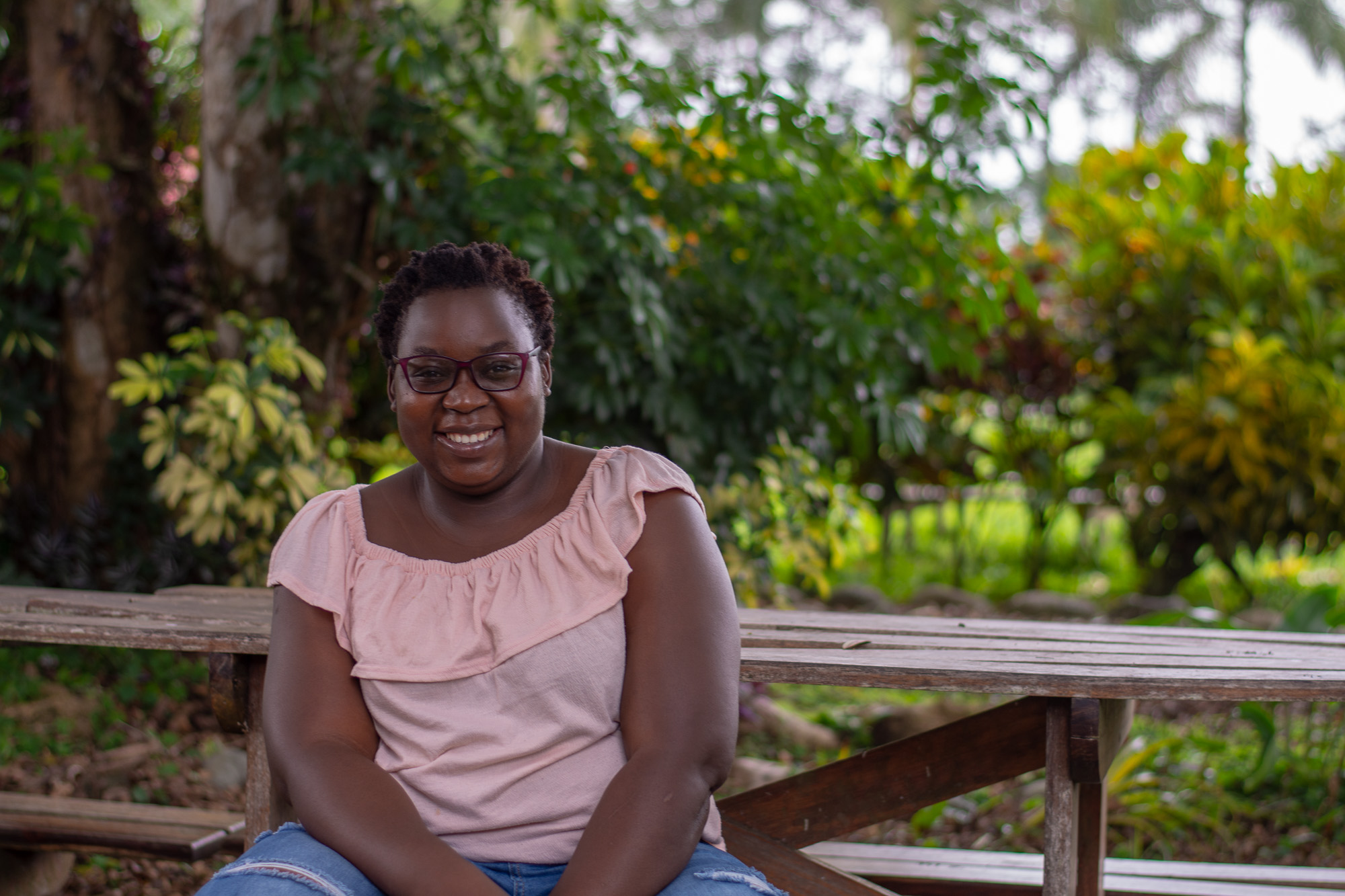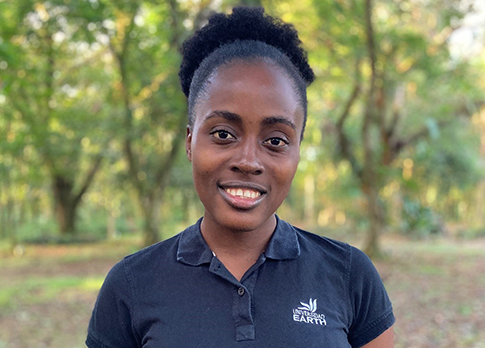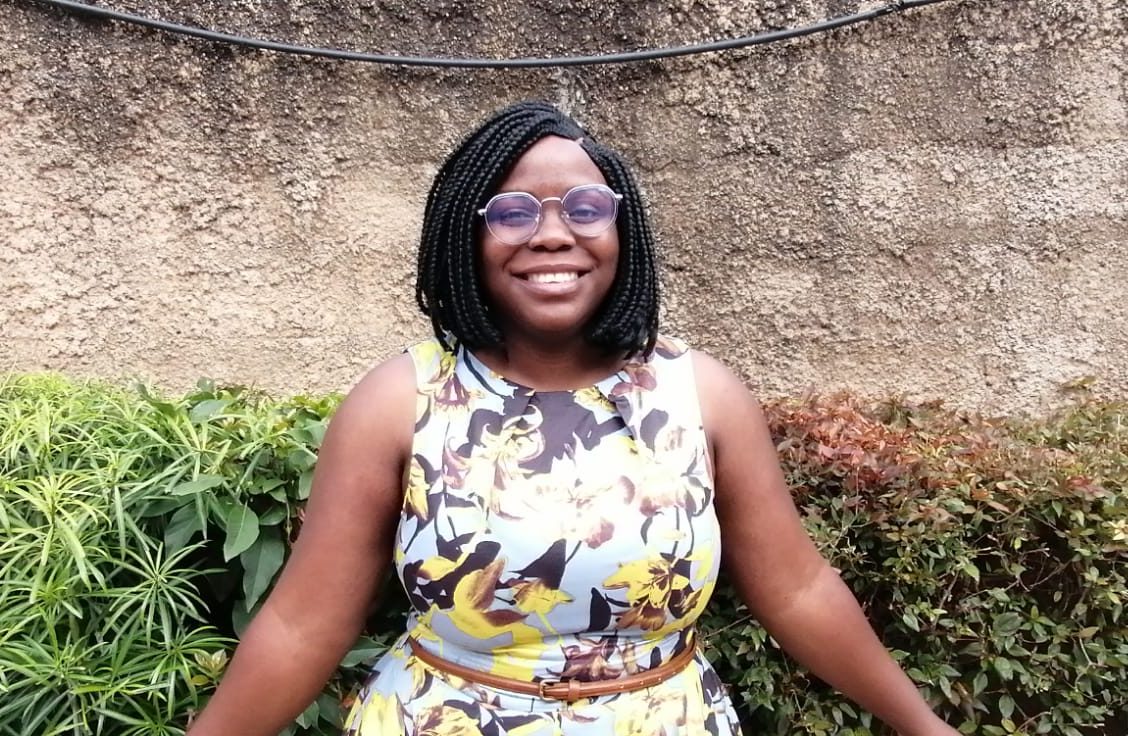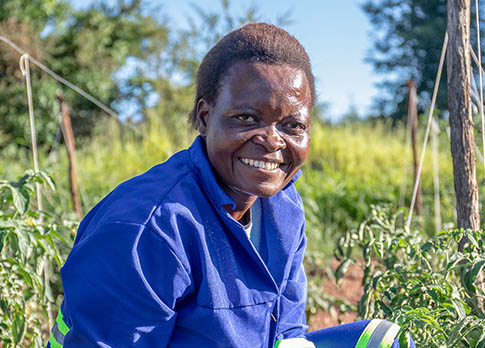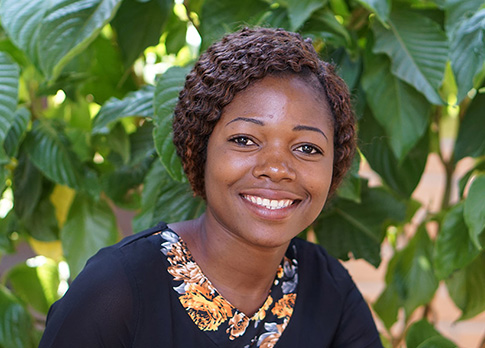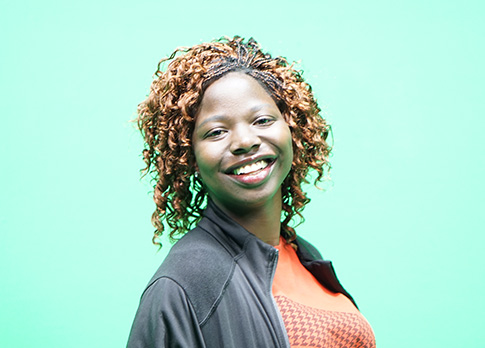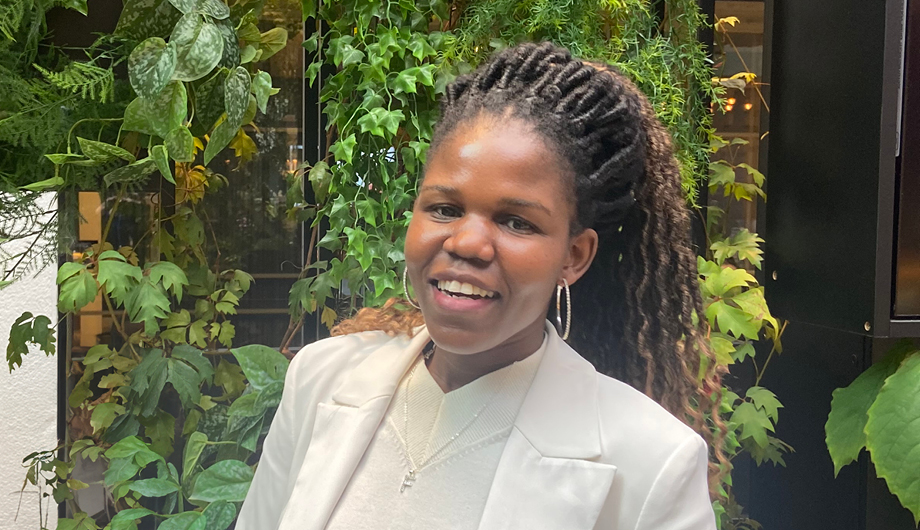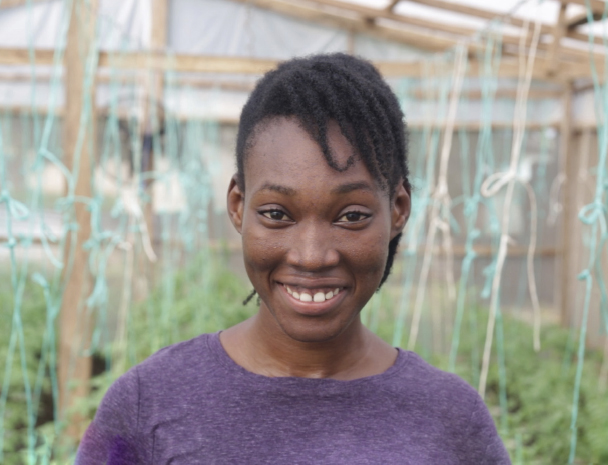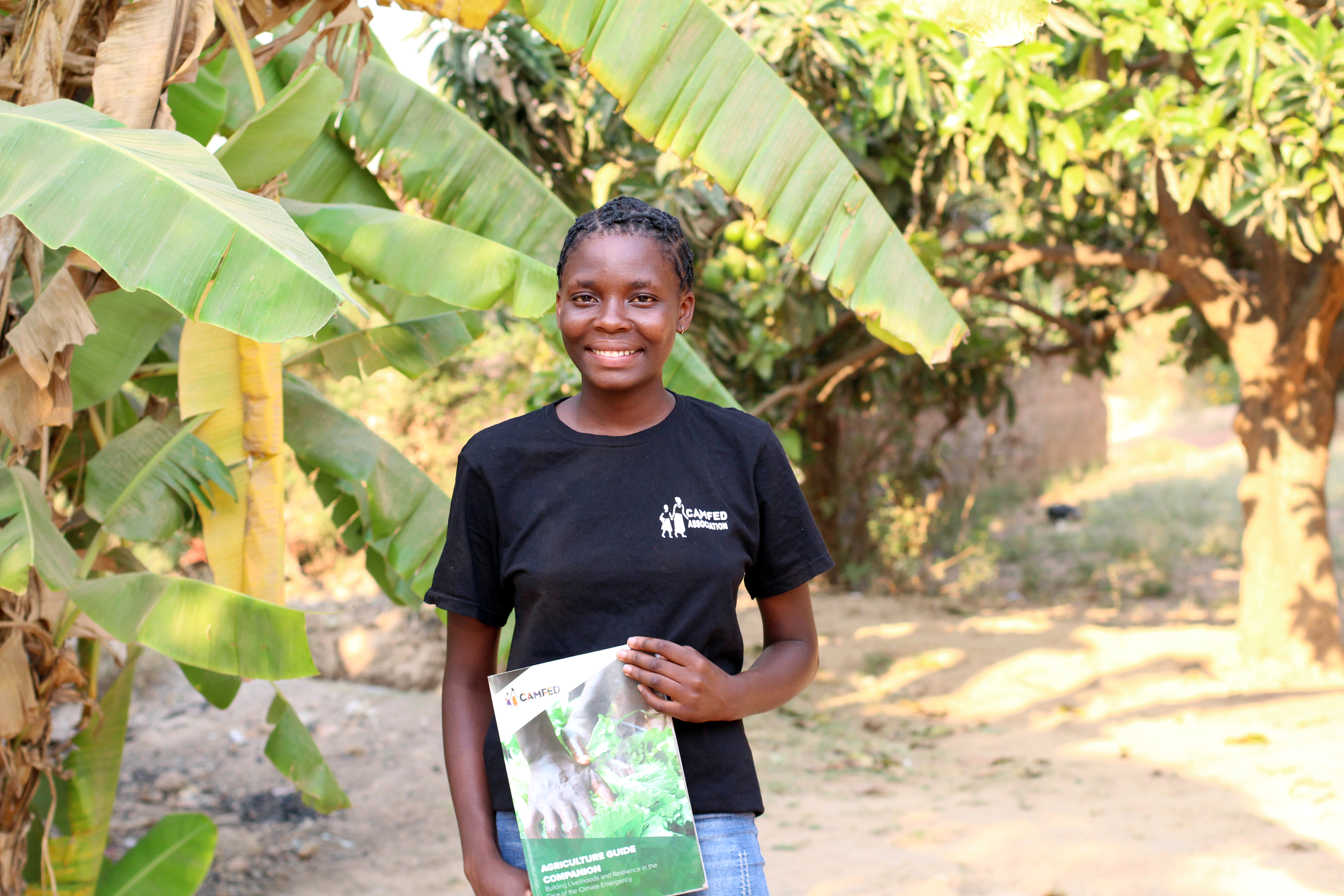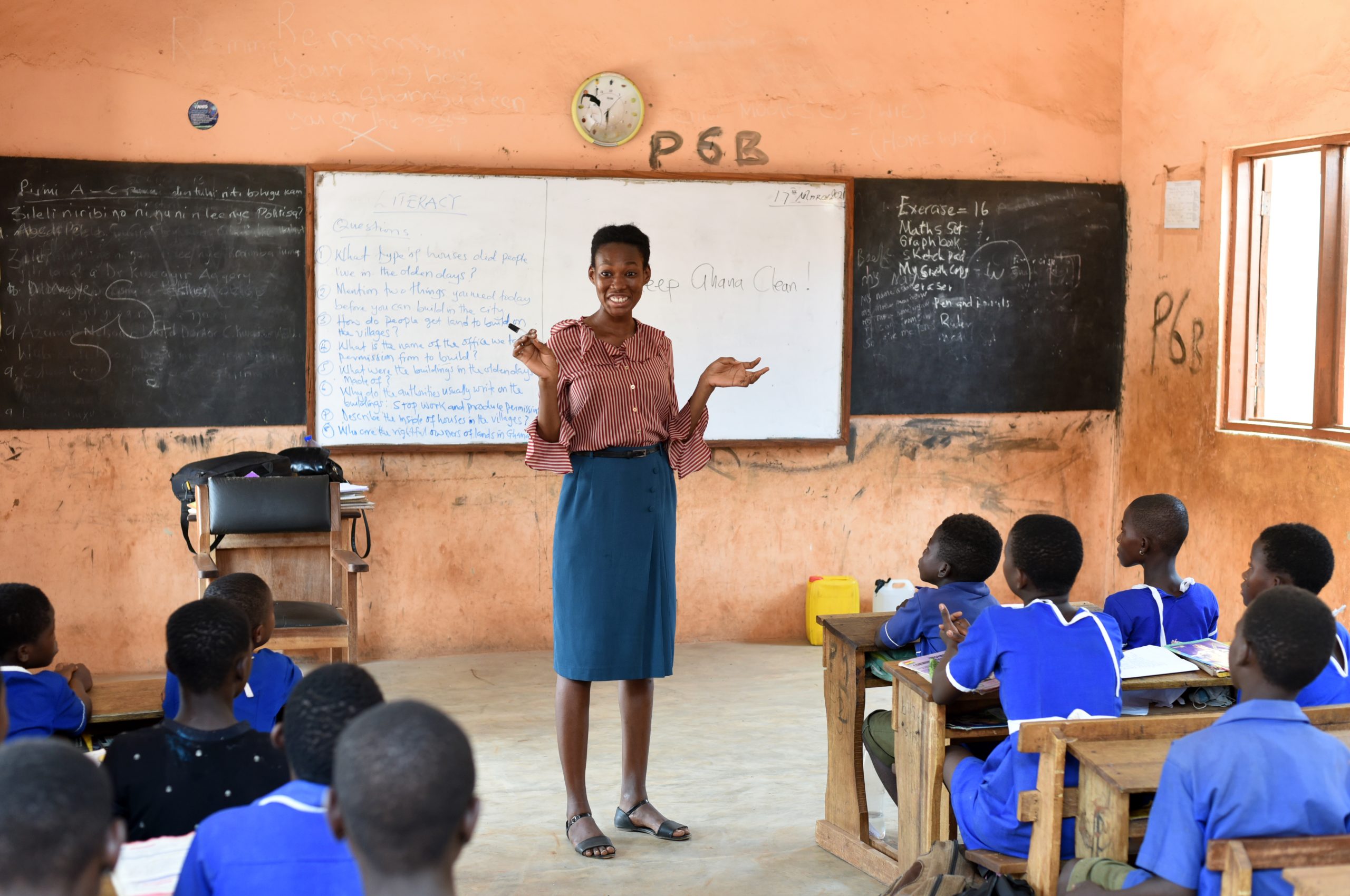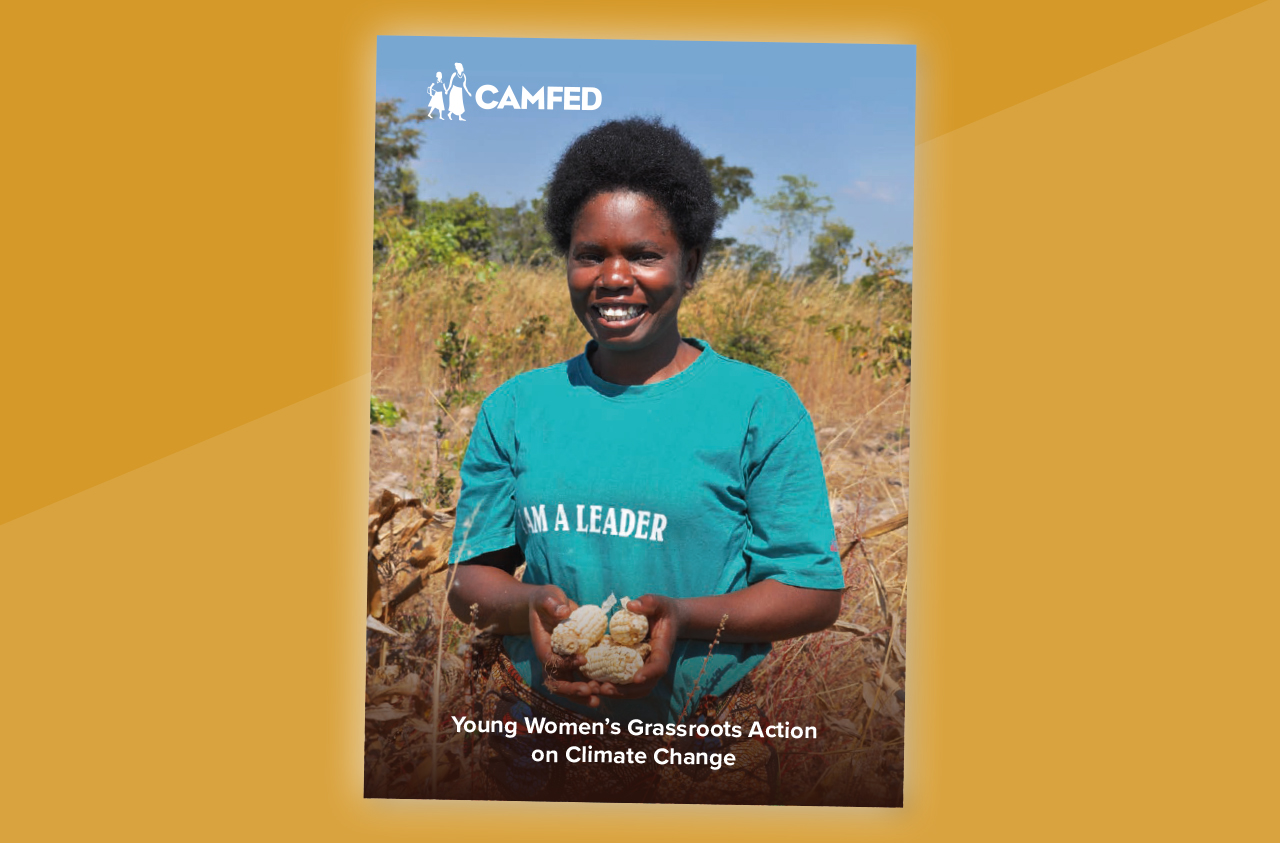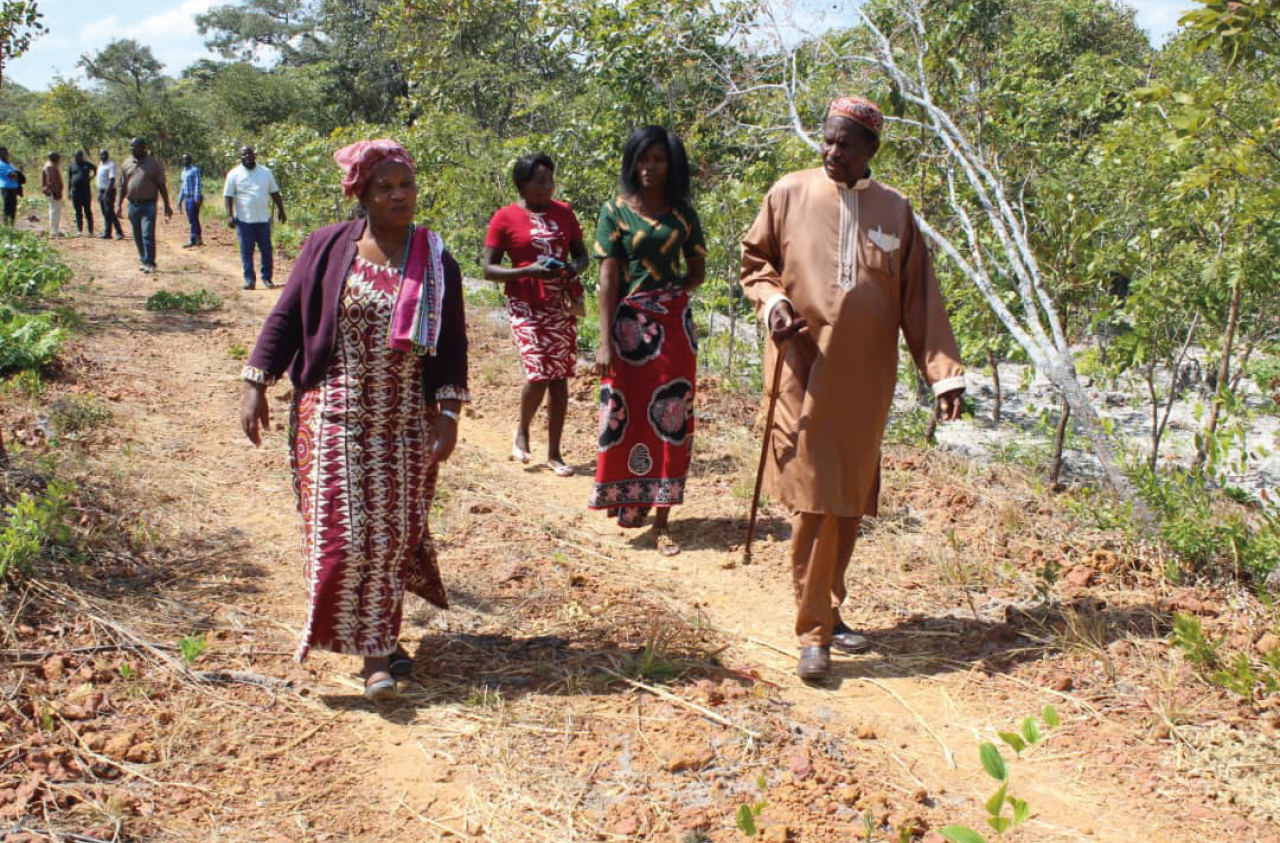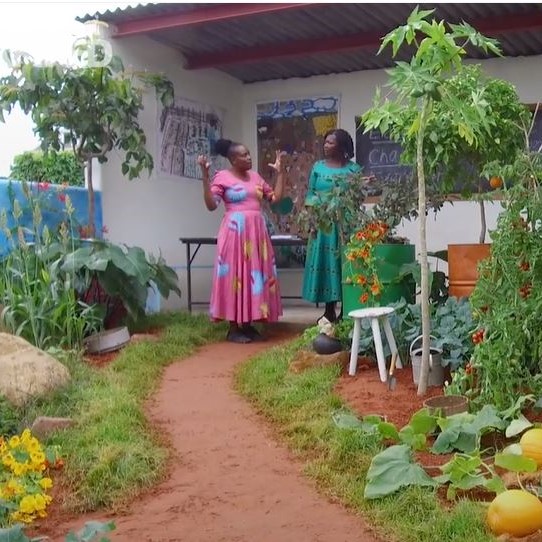Women in rural Africa are on the front line of climate change.
Despite contributing negligibly to greenhouse emissions, they are the first to feel the impact of climate change as they struggle to feed their families. Increasingly unpredictable and extreme weather, such as droughts and floods, is already threatening the livelihoods of farming communities. It particularly affects women, who grow much of the continent’s food, and compounds the “resource gap” they face compared to male farmers in terms of access to land, training, advisory services and finance.
Climate disasters and drops in agricultural production linked to climate change make women and girls particularly vulnerable to hunger and exploitation, including early marriage as a negative coping mechanism for poor families. Climate change pushes girls out of schools, destroys school infrastructure, and accelerates the cycle of poverty.
Investing in female farmers and policy leaders is vital in tackling climate change.
Investing in female farmers increases resilience to climate shocks, nourishing school communities, protecting food supplies, and lowering carbon emissions.
Educated women can help their communities to cope with the effects of climate change, and lead on climate-smart agriculture, tackling hunger while protecting our planet, and keeping children in school.
They can launch sustainable food businesses, become role models for change, and – as local, national and global activists and policymakers – make the world a better place for everyone.
